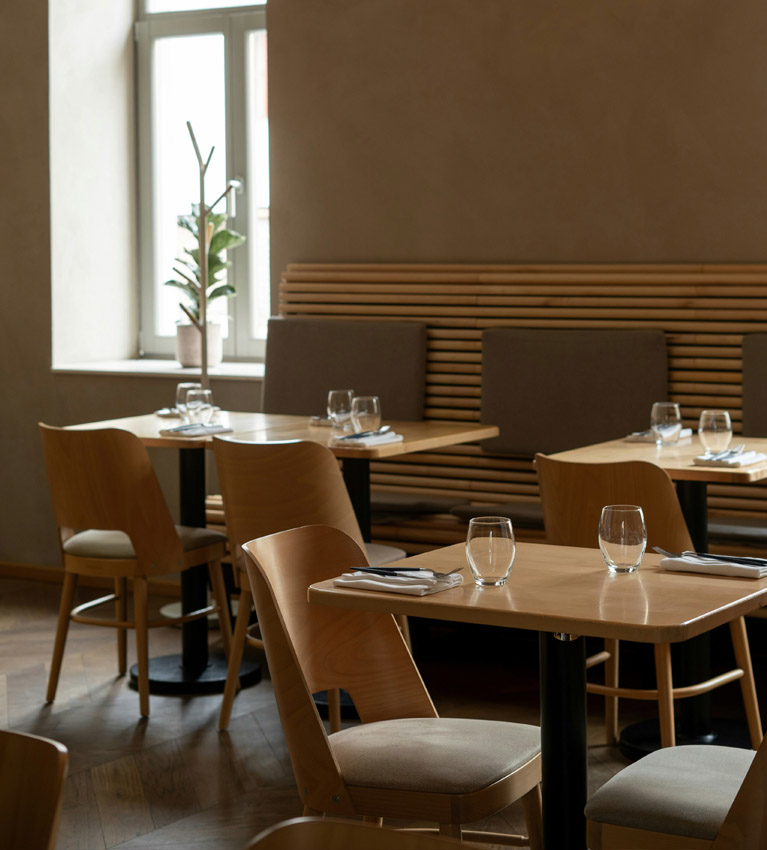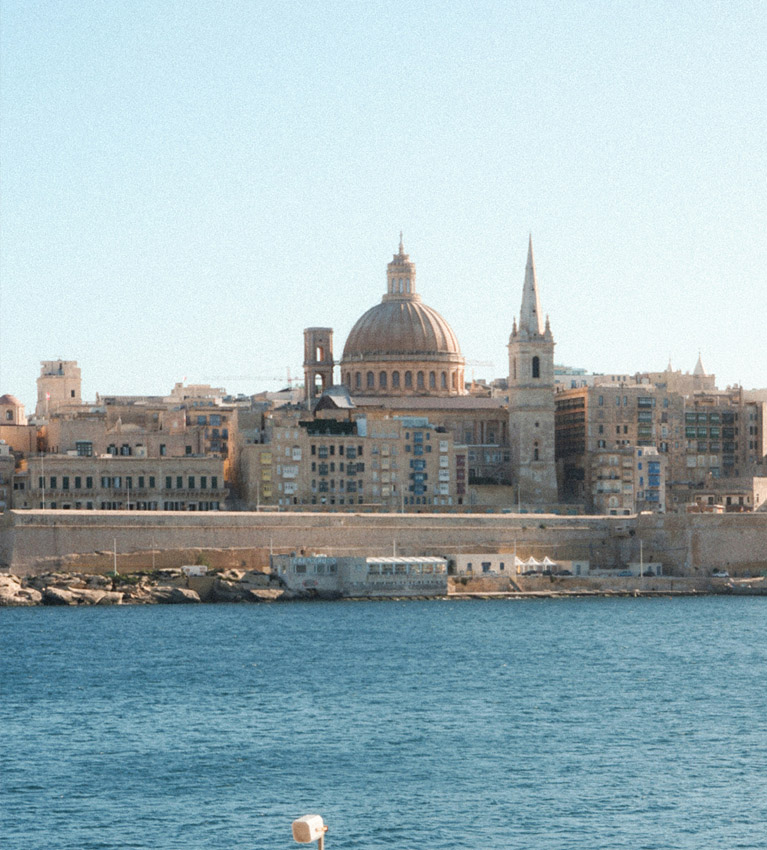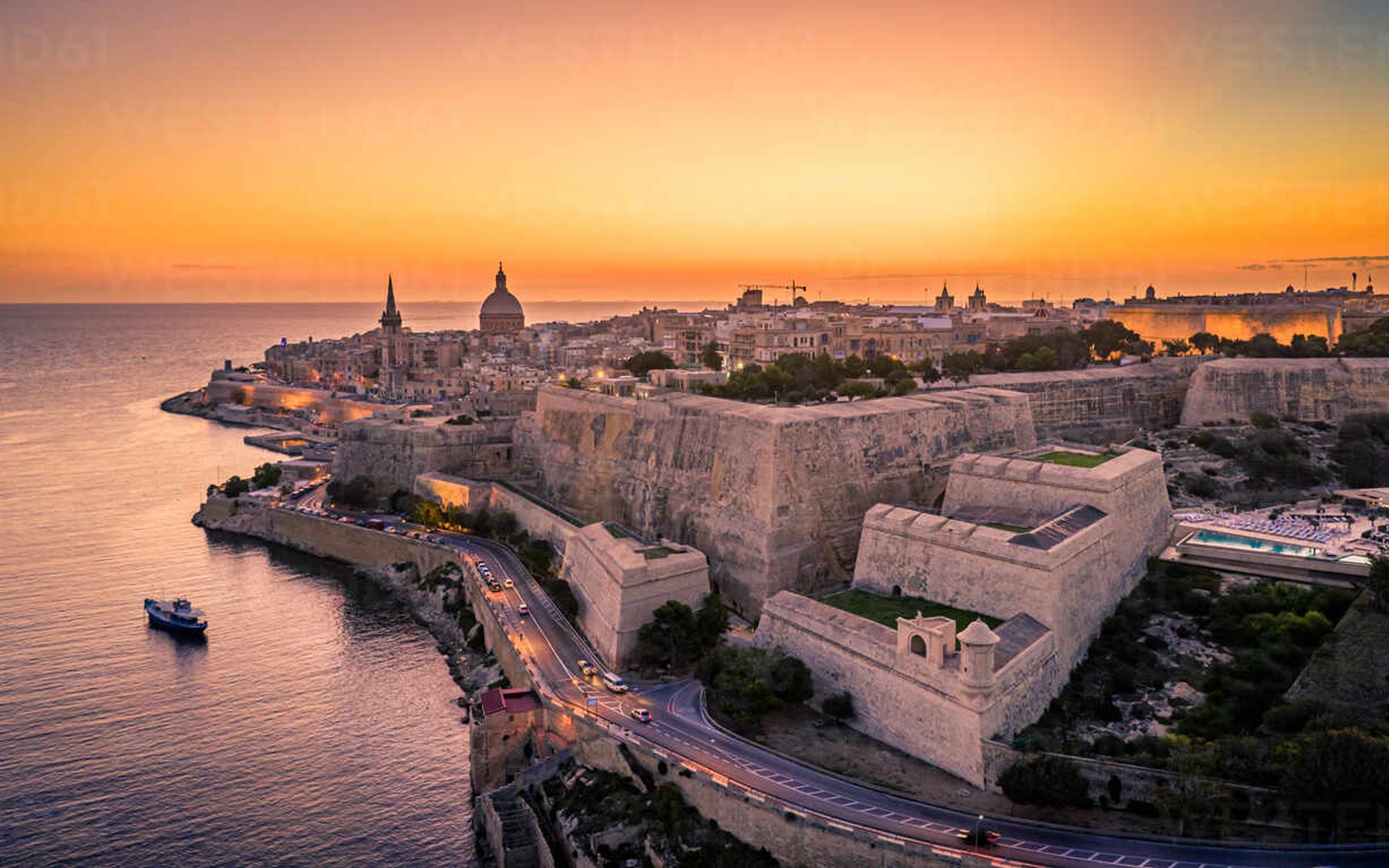
Horeca Q&A with PL and PN Leaders
November 24, 2021

Transforming Tourism in Malta
November 24, 2021
Malta Tourism Strategy Launched for the next Ten Years
December 5, 2021There is no denying the negative effect COVID 19 has had on all the Hospitality and Tourism industries. Horeca Magazine spoke to the leaders of the main political parties in Malta for their respective views on the situation and their ideas and plans as a way forward.
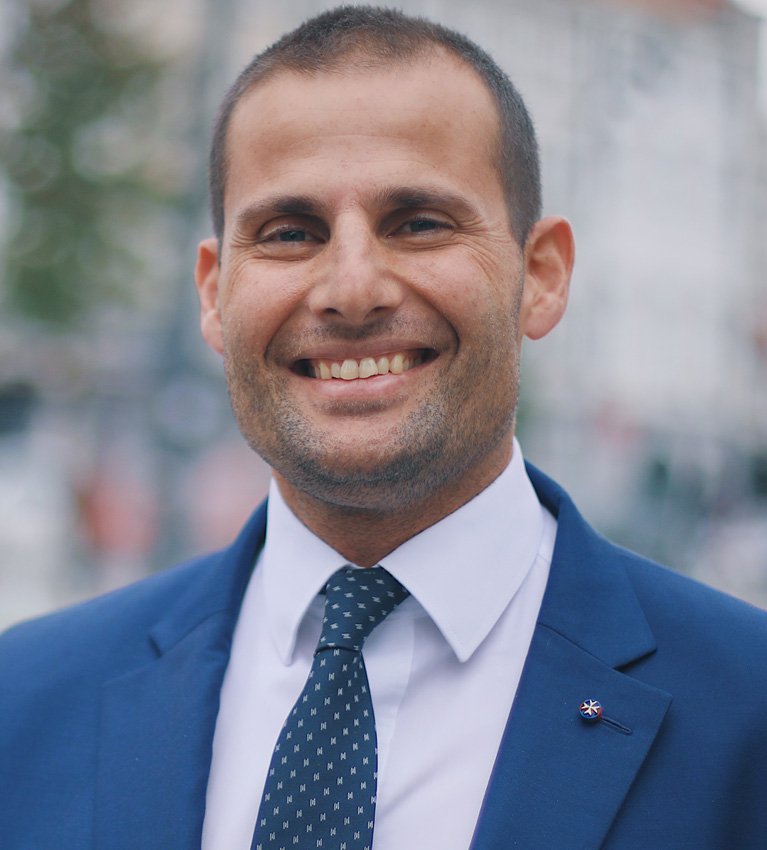
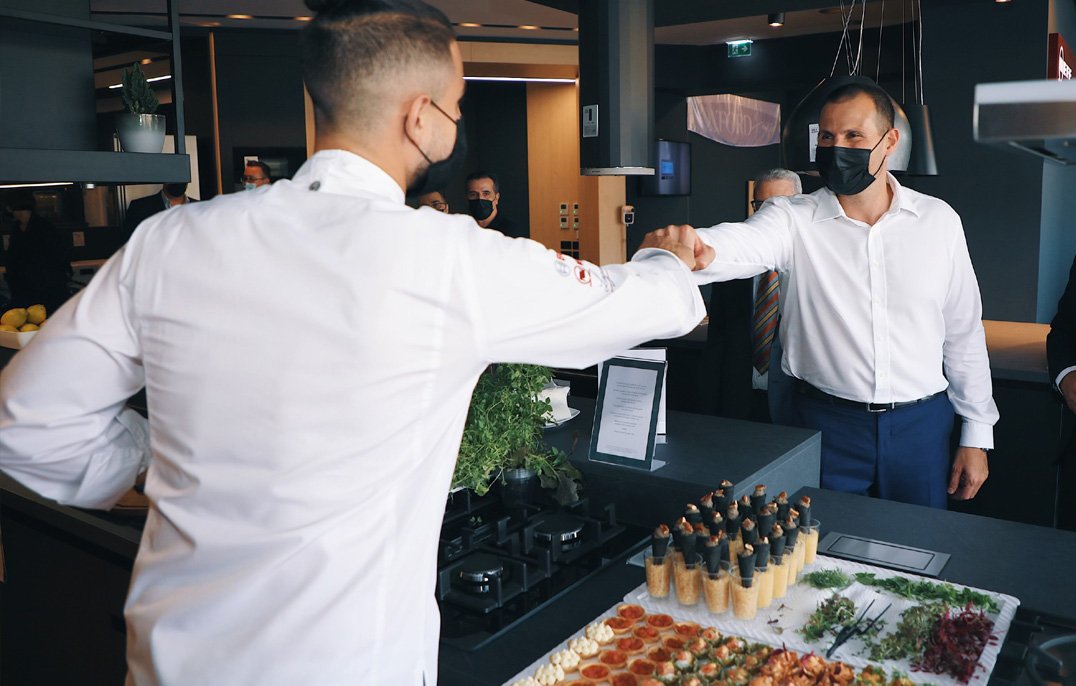
Dr Robert Abela -
Prime Minister & Leader of the Labour Party
How would you rate the performances of the Hospitality/Tourism sectors over the summer months? Is it better or worse than forecasted/ expected? What measures and initiatives does the government have prepared for the shoulder months and beyond?
Our country and our people have experienced a challenging year due to the COVID-19 pandemic, with the tourism industry impacted the most as the movement of people across the globe was halted. Until the COVID-19 virus was studied, and vaccines distributed, the tourism industry stood still. We are now on the road to recovery as travel health regulations were issued, the fear of travelling was overcome, and our lives are steadily moving forward due to timely action taken by this government.
That said, tourism traffic to the Maltese Islands has progressively improved, week after week. Numbers are growing steadily with an overall positive performance. In relative terms to their pre-pandemic levels, passenger traffic has doubled between June and August and the average length of stay of tourists is much higher than it was pre-pandemic.
This trend shall continue in the coming months as many of the schemes announced earlier in the year will be running until the year’s end with some continuing even in 2022. Malta will also be given due exposure in a marketing campaign spearheaded by the Malta Tourism Authority. Furthermore, domestic tourism has proven to be a success particularly for hotels located in Gozo. In 2020 Malta was one of the few countries in the European Union where domestic tourism increased and is continuing to increase further this year.
There is a major concern, and not just in Malta, that the hospitality industry is not able to fill all its job vacancies. Costs are expected to rise as the cost of labour will increase and this is already being reported by some local restaurants. What measures would you propose to overcome this current situation which in some cases is even stopping hotels of operating at full capacity?
This is a worldwide concern. As a matter of fact, the hospitality industry in Malta is shifting towards operating at limited capacity since staff recruitment is an issue. The European tourism industry, not just the Maltese, is reliant on migrant workers, from outside the EU. As vaccination rates in these countries which supply such labour improve, and vaccination certificates can be read and verified by the Maltese authorities, labour supply is expected to recover, which will lead to higher salary hourly rates.
There is no easy or short-term solution to this. The truth is that contrary to other countries, many sectors in Malta continued to progress and increase their demand for labour throughout the pandemic. The manufacturing sector, the information technology sector and online gaming, have continued to employ thousands more and possibly even attracted people who previously worked in the hospitality sector.
The government, in cooperation with other stakeholders, is pushing the idea that a career in hospitality can offer great prospects. We will continue to invest in training facilities for the sector and maintain an employment regime that is conducive to supporting high employment rates. As for imported labour, we are working to streamline the process to employ foreign workers. We will, however, be focusing more on quality as it is crucial to ensure that industry standards are adhered to through a Skills Card Certification. This includes training, such as knowledge of the Maltese Islands and good communication skills, before being permitted to work.
Where do you see the long-term path for our tourism industry? Continued increases in volume may not be sustainable. Some may say that in 2019 we were already suffering the strains of over tourism, at least in some months.
Volumes are needed to guarantee air connectivity, different air routes as well as flight frequencies. Volumes are also needed to keep the operation of tourism investments, like hotels and other accommodation establishments, catering establishments, museums, and other venues both feasible and profitable. They are required to keep multiple direct and indirect service providers to the industry in employment all year round. They are crucial for the retail sector, particularly in main tourism zones.
The country is still far from reaching 2019 levels once again. In the long term, Malta will need to balance volume with higher yield per tourist. Malta must aim to offer higher value and improved experiences for our visitors whilst implementing the diversification strategy to spread tourism across the islands and throughout the year. Malta will need to concentrate on developing the markets, niches and segments that meet these criteria. The data so far indicates that we may already be reaping some results from our new strategy. The average length of stay of tourists who visited Malta this year is much longer than in previous years. In 2019, the average length of stay of tourists was 6.8 nights. Today, it is 10.3 nights which translates to about one and a half times longer. If we look at spending, we see that per capita, expenditure now stands at €946, as against €737 pre-pandemic.
Were these trends to continue, even with 20% less tourists than 2019, we would get the same tourism revenue as we had before the pandemic.
With all the airlines that were operating to Malta and are again returning after the pandemic, do you still see a role for AirMalta?
Malta’s national airline has and shall continue to have a crucial role for the islands, a role that goes beyond tourism. The national airline is the carrier of the Malta brand, with loyalty to the destination. Many airlines are presently flying to Malta because it is profitable for them to do so.
If the Malta route would be less profitable than other destinations, they have no loyalty to the destination, and they will choose to do what is best for their company’s bottom line. A national airline is also very important for meetings, incentives and business travel, as well as cargo transportation. Low cost airlines do not offer such services.
Our economy is heavily reliant on tourism as it is a major earner with a strong multiplier effect. Do you see any risks of being so reliant on an industry that has proven to be so sensitive to external world events, whether it is the weather, political conflicts, or a pandemic?
No economy should be overly reliant on any one industry. Over the years our islands’ industry mix changed and evolved. Some industries have vanished, and this happened due to different reasons including lower costs of operation elsewhere, new technologies and changing trends. New industries developed, grew, and took over. Industries such as gaming and finance to mention a few, can be affected by many factors.
The new regulations could adversely impact their contribution to Malta’s GDP. Despite all of tourism’s sensitivity to external world events, it has proven to be the one reliant, enduring and important contributor to the Maltese Islands’ economy, with a high propensity to recover quickly from setbacks, enjoying a strong multiplier effect as well as being an industry that injects income very quickly in people’s pockets.
The Maltese Government is committed to ensuring that tourism remains one of the key pillars of our economy. In coming years, we want the sector to evolve in line with the rest of our economy, adopting digital technologies more rapidly and reducing its environmental impact through better recycling of waste, less use of polluting transport means and a move towards more energy-efficient and renewable energy.
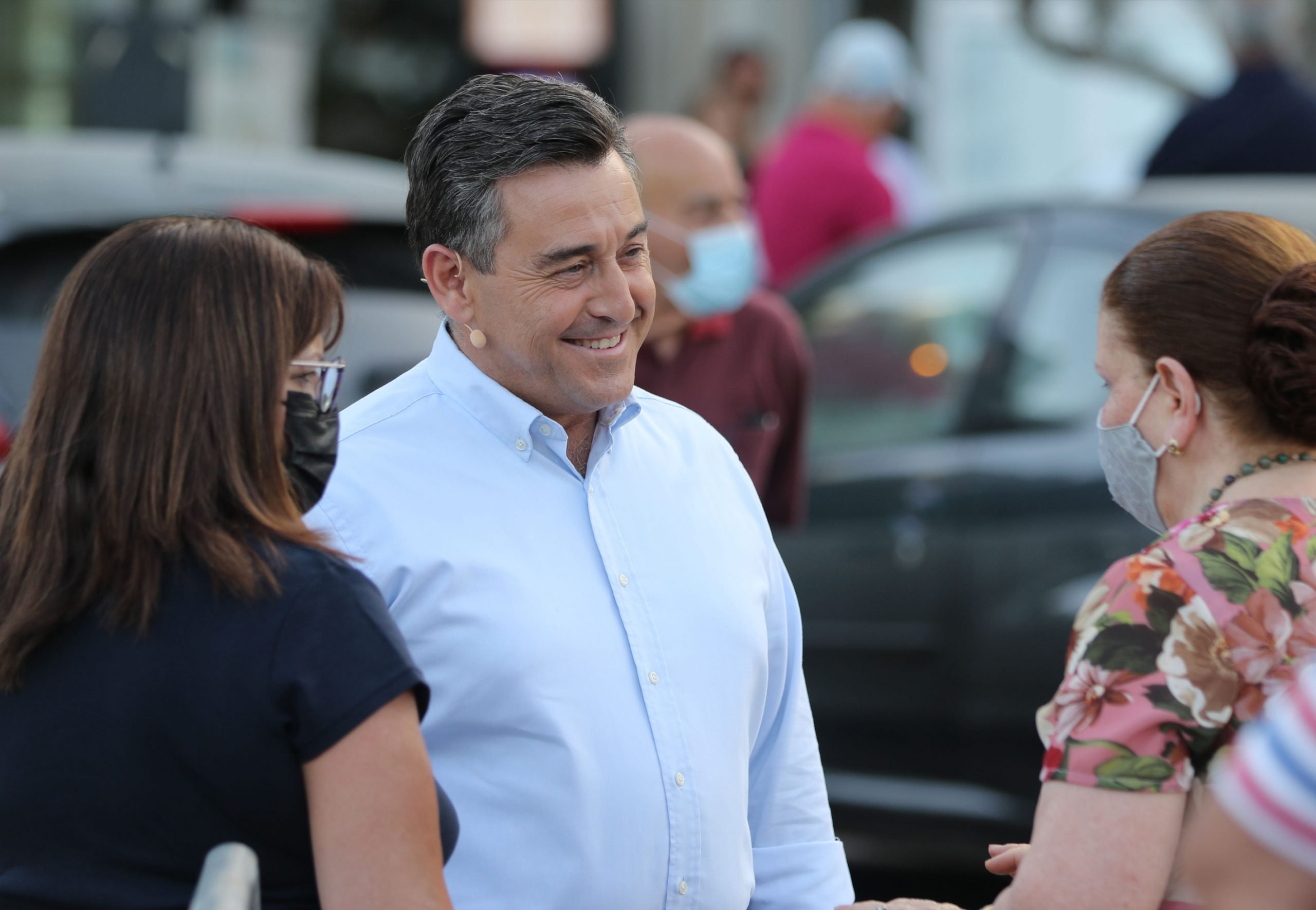
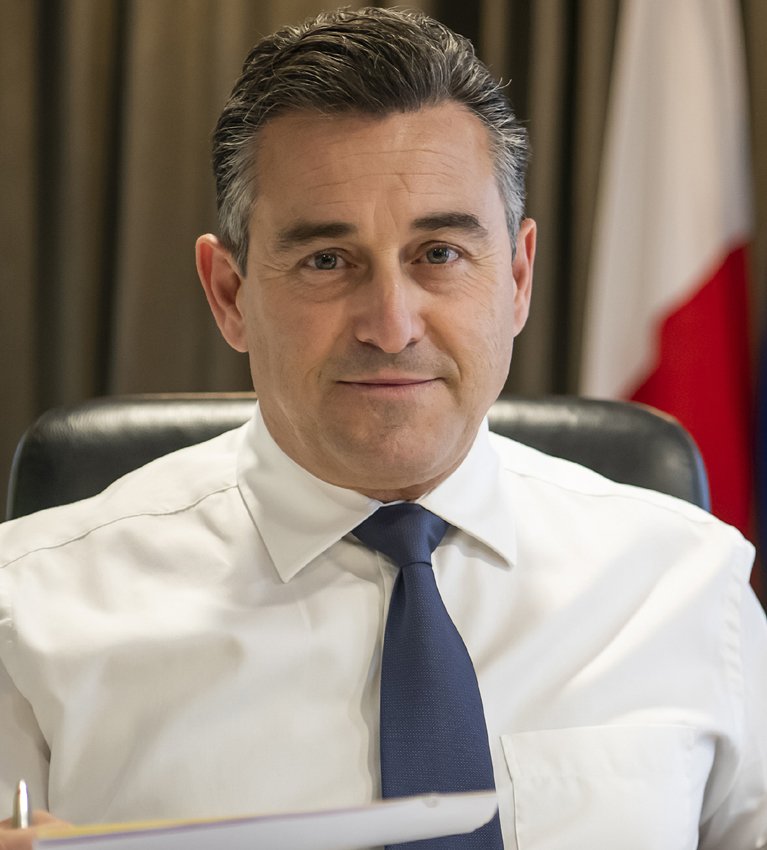
Dr Bernard Grech -
Leader of the Opposition & the Nationalist Party
How would you rate the performances of the Hospitality / Tourism sectors over the Summer months? Is it better or worse than forecasted / expected?
The performance was good given the context. Unfortunately, until mid–summer it appeared that we did not learn the lessons of 2020 when it comes to handling the pandemic. The late summer season was however a good indicator of the appetite of the industry to dream big again.
What measures and initiatives is the Nationalist Party proposing for the shoulder months and beyond?
We strongly believe in the Maltese product and in its inherent comparative advantages over the competition in the Mediterranean and beyond. For this reason we published hundred proposals for the recovery of the tourism industry in Malta founded precisely on the strength of the Maltese product, empowering operators to identify and market their offer in niche sectors, encouraging upgrades in hotel facilities, promoting a Maltese ‘National Aesthetic Standard’ to protect picturesque Maltese spots and then opening up to a stronger investment drive with a 7% VAT rate on all Hotel and Restaurant facilities on the purchase and sale side too.
There is a major concern, and not just in Malta, that the hospitality industry is not able to fill all its job vacancies. Costs are expected to rise as the cost of labour will increase and this is already being reported by some local restaurants. What measures would you propose to overcome this current situation which in some cases is even stopping hotels of operating at full capacity?
There is currently a shortfall of staff in the hospitality industry all over Europe. The sector has been has been hit hard by the pandemic. Malta should employ a two-pronged approach: offering incentives on one front and empowering the industry on the other. We are proposing several incentives, including a reduction of VAT rates as well as introducing flexibility for tax payments to be spread over a prolonged period. This would restore confidence in the sector and send a strong signal to workers that the hospitality industry is a stable employer.
The hospitality sector has acquired great experience over its long years of existence in Malta. We have to create the right environment for it to flourish. Let’s empower the industry with tangible and result-oriented measures.
Where do you see the long-term path for our Tourism industry? Continued increases in volume may not be sustainable. Some may say that in 2019 we were already suffering the strains of over tourism, at least in some months.
We often speak of quality versus quantity but the key is not to concentrate on one at the expense of the other. We should strive to offer the highest possible quality in a mass market. To achieve this balance of quality and quantity, we need to address the needs of different customer segments and take account of the multi-dimensional nature of tourism service products.
For example, we have to be in tune with the shift in mindset resulting from the greater affluence and accessibility of our era. People are increasingly moving away from visiting a place and ticking the boxes of all the “must-see spots”, and are instead looking for life-enriching experiences in the place.
We should have our finger on the pulse of the tourism industry, with an eye for the top market. For example, with more jobs becoming less location-dependent, we have a new phenomenon – digital nomads. Malta should present itself with more conviction as a destination for digital nomads. We should refine and be ready to adapt in real time our e-Residency programmes.
Ultimately, the overall success depends on the level of engagement of key stakeholders in the tourism planning process.
With all the airlines that were operating to Malta and are returning after the pandemic, do you still see a role for Air Malta?
Malta cannot rely solely on the market to ensure our links to the outside world. If anything, the pandemic demonstrated the importance of having the capacity to organise repatriation flights. That does not mean we should not strive for economic viability and downright prosperity. However, there are national and strategic reasons for having a national airline. Air Malta is an insurance policy against our peripheral geographic location. With EU membership we joined a market of 500 million potential tourists. We can’t risk an unreliable connection with that market.
Our economy is heavily reliant on tourism as it is a major earner with a strong multiplier effect. Do you see any risks of being so reliant on an industry that has proven to be so sensitive to external world events, whether it is the weather, political conflicts or a pandemic.
A wise man does not venture all his eggs in one basket, but many islands have a high level of dependence on tourism. We see economic sectors as complementing each other. Our drive to expand the e-gaming sector for instance into videogaming and e-sports can easily become an important niche sector for Maltese tourism. In our policy making we strive to reach win wins. We are keen to deploy many more win wins once in Government.
Click here to see Horeca Issue 6 online

